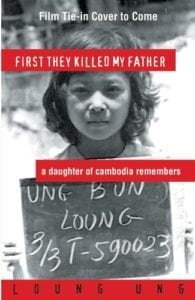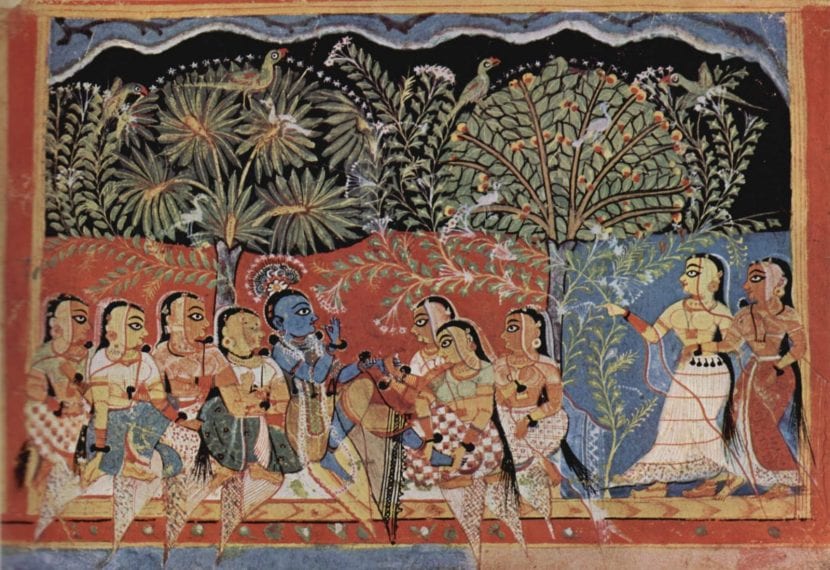
La asian literature it has always been viewed by readers and critics as enigmatic and quirky. An exotic character associated with a perception of the West that the letters of the East took a long time to arrive. From India, China or Japan, these best asian books ever they hide exuberant stories that, in turn, allow us to know the testimony of a certain country and its culture.
Best Asian Books Ever
The God of Small Things, by Arundhati Roy

In southern India, there is a place called Kerala formed by hundreds of palm trees and canals furrowed by old rice boats where magical stories are chewed. Of Syrian origin, the Indian author Arundhati Roy was in charge of paying tribute to this land with The God of Little Things, a novel published in 1997 with which he won the prestigious booker award. Throughout the pages, the author's metaphorical character plunges us into the story of two twins separated by a tragedy that occurred in 1963, not without magical realism and a tremendous ending.
Dream in the Red Pavilion, by Cao Xueqin
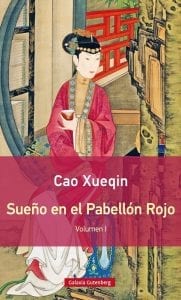
Considered as one of masterpieces of chinese literature, I dream in the red pavilion it was written in the mid-XNUMXth century by Cao Xueqin, a member of the Qing dynasty. A book that is the best testimony of an era through the author's perception of the women who formed his life, the hierarchical order of Chinese society at that time and, therefore, the rise and decline of his own dynasty. A whole classic.
Arabian Nights
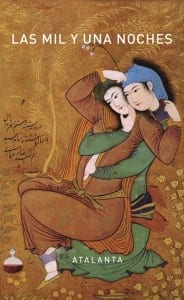
Nobody knew which authors wrote them, but the truth is that when The Thousand and One Nights arrived in the West in the XNUMXth century, nothing was the same again. The world was conquered by those stories of magic carpets, colorful bazaars or geniuses locked in a lamp orchestrated by the cunning of Scheherazade, the maiden who every night told the sultan a new story so that he would not cut off her head. Coming from countries like India, Syria or especially Persia, Arabian Nights they transport us to that magical East that we all once dreamed of.
Sons of Midnight, by Salman Rushdie
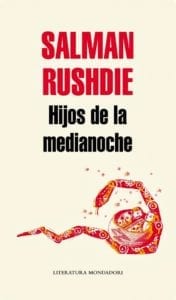
Considered as one of the most controversial authors in historySalman Rushdie, at least to some Iranian fanatics who are only raising the price on his head after the 1988 publication of The Satanic Verses, was known around the world after the release of Children of midnight. The work, an ode to post-colloanism and magical realism, tells the story of Saleem Sinai, born at midnight August 15st, 1947, date in which India achieved independence from the British Empire. The book won both the Booker Prize and the James Tait Black Memorial Prize.
Tokio Blues, by Haruki Murakami

If there is one Asian author to bow to, it is Murakami. The eternal candidate for Literature Nobel has left us some of the best Japanese stories, halfway between the magnetism, mystery and intimacy that characterize this author. Although his works could well be divided into those more realistic and others more metaphysical, we are left with Tokyo Blues, that ode to youth embodied by a fragile love triangle in Japan in the 60s.
The art of war, by Sun Tzu
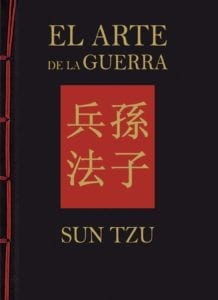
Some books may have been published too long ago, but their essence remains timeless. This is the case of El arte de la guerra, book written sometime in the XNUMXth century BC by Chinese military strategist Sun Tzu, who throughout the pages of this life manual analyzes the operations necessary to immobilize your enemy, preempt the attacks and fulfill your objectives. The impact of the book was such that business schools use it as a particular Bible when shaping their corporate strategies.
The Good Star Club, by Amy Tan
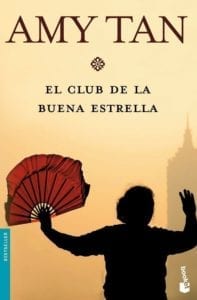
La diaspora it has become a recurring theme in the literature of the last decades. In the case of the first generation of Chinese immigrants to the United States, one of the best books is The good star club, debut of the writer Amy Tan that was a success in 1989. Based on her parents' own story, Tan tells us in this novel the meeting of four Chinese women who had just arrived in San Francisco in 1949 and the afternoons of longing for a land to which they would never return.
Spring Snow by Yukio Mishima
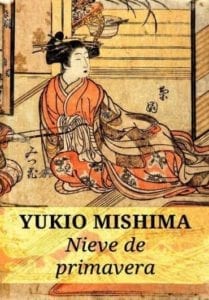
Mishima was one of the most controversial authors of the XNUMXth century. A frustrated, mysterious and sullen pilot who spewed the beauty of his own universe into his works. Before his suicide in November 1970 following an ancient samurai rite, the writer bequeathed his publisher the tetralogy The sea of fertility, definitive literary saga of XNUMXth century Japan. The first volume, Spring snow, is a love story between two young men of the Japanese nobility in the months after the death of Emperor Meiji.
The Good Land, by Pearl S. Buck

The daughter of missionaries, Buck lived in China until she was forty, becoming a faithful mirror of a culture too far from Western standards. The good land, work with which he got the Pulitzer Prize in 1932, the author explores the China of her memories through the history of three generations of a peasant family at the dawn of the Chinese Revolution. A novel that allows us to learn about the hardships and misfortunes of a Chinese population that spanned much of a twentieth century that would forever change the destiny of the eastern giant.
They killed my father first, from Loung Ung
Beyond India, Japan or China, Southeast Asia and countries like Vietnam, Malaysia or Cambodia have many stories to tell. Regarding the latter, the most representative book is They killed my father first, written by Cambodian activist Loung Ung based on a childhood marked by Pol Pot's genocidal regime leading the Khmer Rouge. Ung's memoirs caught the attention of Angelina Jolie, who made a film adaptation.
What are the best Asian books you have read?
